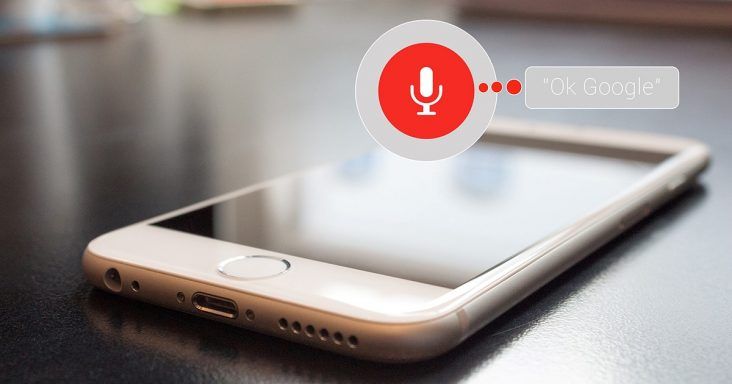Pew survey: Almost half of Americans use voice-controlled AI
by January 3, 2018 10:48 am 623 views

Nearly half (46%) of U.S. adults have used voice-controlled digital assistants like Apple’s Siri, Amazon’s Alexa, Microsoft’s Cortana and Google Assistant, according to a Pew Research Center survey conducted this past May.
Respondents’ use of the technology was driven largely by the hands-free element, according to Pew. Its popularity has led to development of a number of consumer products that integrate voice-controlled artificial intelligence technology.
Digital assistant was most popular with adults ages 18 to 49, where 55% in that age group said they used the technology, according to the survey. A smaller share, 37% of those age 50 or older, said they used it.
Smartphones were the most popular way for individuals of all ages to access virtual assistants, with 42% of respondents saying they used the technology on smartphone devices. Just 14% said they had used a voice assistant on computer or tablet, and 8% said they used it on a stand-alone device like the Amazon Echo or Google Home, according to Pew.
More than half (55%) said a primary reason for their use of voice assistants was the convenience of being able to interact with applications without having to use their hands.
Other popular answers were that using voice assistants is fun (23%), speaking to the AI assistant feels more natural than typing (22%) and voice-controlled programs are easier for children to use (14%), according to Pew.
Voice assistant AI technology also can be used in broader Internet of Things (IoT) applications, serving as “remote controls” to other connected systems like home appliances, lighting and heating systems and car locks. About one-quarter of voice assistant users surveyed said they used the technology in this way.
In terms of the accuracy and effectiveness of voice-controlled programs and voice recognition technology, 39% said the assistant accurately responded to commands most of the time, while 42% said responses were accurate some of the time. Just 16% of surveyed users said that voice assistants did not respond appropriately to their commands very often, according to Pew.
The survey also asked those who do not use voice assistants about their reasons for not using them, and the most popular answer was a lack of interest.
A majority (61%) of non-users said they were just not interested in the tool. About one-quarter of the group said they did not use voice assistants because none of the devices they owned were equipped with the feature or because they were concerned about privacy, while a slightly smaller share (18%) reported that they believed voice assistants were too complicated to use.
